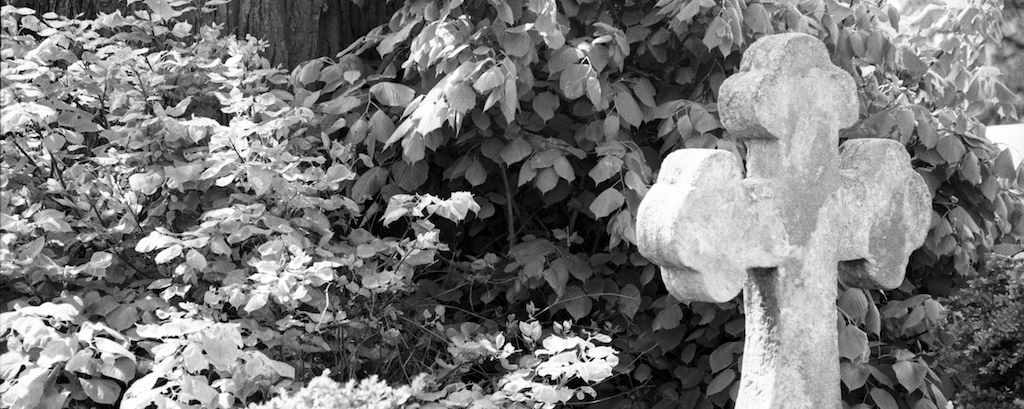I am posting one of my favorite poems, written by Matthew Arnold, entitled Desire. I know it’s a bit long, but it is necessary to keep the proper format. I was hesitant at first to put this poem out there because I feared some readers may not grasp it’s power and scope. This fear was not from any literary arrogance but welled up from that protective instinct we often develop toward favorite things. It differs very little from a mother’s protectiveness of her child.
My reluctance also stemmed from the awareness that people aren’t much interested in poetry these days. I don’t want to over-generalize here, but I doubt the previous sentence is much of a reach. Poetry can be the most demanding kind of reading. We’d rather tag it with our overused ‘Not Worth the Effort’ label and spend our ever-dwindling stash of Time on worthier things like television and video games. Again, don’t think I write out of arrogance, as if I am not a great ‘labeler’ myself. Strong and sincere criticism is best when the critic knows his place at the forefront of the criticized.
As you read this poem think of the story God is weaving throughout all time, the ‘already, not yet’ aspect of the Christian life, our minute-by-minute need of grace, David’s cries for deliverance in the Psalms, and the great hope of the prophets amid their God-given decrees of judgment.
THOU, who dost dwell alone—
Thou, who dost know thine own—
Thou, to whom all are known
From the cradle to the grave—
Save, oh, save.
From the world’s temptations,
From tribulations;
From that fierce anguish
Wherein we languish;
From that torpor deep
Wherein we lie asleep,
Heavy as death, cold as the grave;
Save, oh, save.
When the Soul, growing clearer,
Sees God no nearer:
When the Soul, mounting higher,
To God comes no nigher:
But the arch-fiend Pride
Mounts at her side,
Foiling her high emprize,
Sealing her eagle eyes,
And, when she fain would soar,
Makes idols to adore;
Changing the pure emotion
Of her high devotion,
To a skin-deep sense
Of her own eloquence:
Strong to deceive, strong to enslave—
Save, oh, save.
From the ingrain’d fashion
Of this earthly nature
That mars thy creature.
From grief, that is but passion
From mirth, that is but feigning;
From tears, that bring no healing;
From wild and weak complaining;
Thine old strength revealing,
Save, oh, save.
From doubt, where all is double:
Where wise men are not strong:
Where comfort turns to trouble:
Where just men suffer wrong:
Where sorrow treads on joy:
Where sweet things soonest cloy:
Where faiths are built on dust:
Where Love is half mistrust.
Hungry, and barren, and sharp as the sea;
Oh, set us free.
O let the false dream fly
Where our sick souls do lie
Tossing continually.
O where thy voice doth come
Let all doubts be dumb:
Let all words be mild:
All strifes be reconcil’d:
All pains beguil’d.
Light bring no blindness;
Love no unkindness;
Knowledge no ruin;
Fear no undoing.
From the cradle to the grave,
Save, oh, save.
